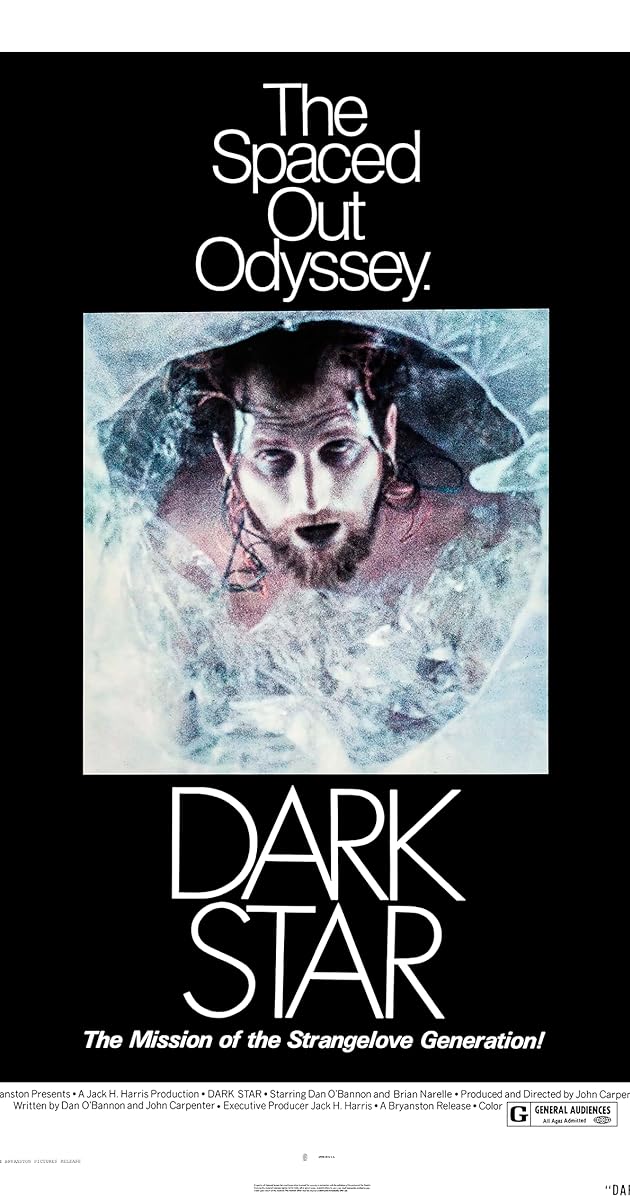Bomb#20
Contributor
- Joined
- Sep 27, 2004
- Messages
- 9,543
- Location
- California
- Gender
- It's a free country.
- Basic Beliefs
- Rationalism
I saw an article somewhere arguing for this that I'll try to outline; with luck I won't mangle it up too badly. It was called something like "It doesn't matter whether you run the simulation". The general idea was:As I say I’ll have to reread it, but the Level IV mathematical multiverse really doesn’t make a lot of sense to me. It says, as I recall, that every mathematical structure instantiates a real world. Why should we think that?
1. If you run a computer simulation of a human brain in exact detail down to the level of basic physics, it will be conscious -- it will experience the exact same sensations and think the exact same thoughts the actual brain experiences and thinks.
2. The execution of a computer program is a consistent collection of simultaneous mathematical equations saying stuff like X = Y + Z. Even the apparently inconsistent equations like "X = X + 1;" that we use to indicate explicit state transitions are just shorthand for "X1 = X0 + 1; ... X77 = X76 + 1 ... ". Everything you can do with a sequence of conventional Fortran/C/Java von Neumann architecture instructions, you can equivalently do in a functional language like Prolog/pure Lisp/lambda calculus. They're all equivalent to Turing Machines.
3. Executing X = Y + Z does not cause X to equal Y + Z. In the system of simultaneous equations, X has always been equal to Y + Z. We don't execute a program to cause Y + Z to take on its value; we execute it so we can find out what Y + Z is. Execution of a program is fundamentally an output operation. It matters to those outside the program but can have no possible effect on those inside.
4. The mind modeled in the physics-level simulation of the human brain is therefore conscious whether you run the simulation or not.
5. It's straightforward to write a universal Turing Machine that implements a timesharing operating system and that systematically generates every possible Turing Machine and runs them all as coroutines, periodically context-switching from one to the next. Since it doesn't matter whether you run the simulation, all the inhabitants of all the consciousness-supporting systems of equations must exist and perceive their own universes as real, even if nobody actually builds and runs the universal Turing Machine.
Yes, that follows. It would be like living in a video game, a program that simulates its game physics in detail over a limited amount of space but supplies boundary conditions computed a completely different way.As far as I can tell, it would mean, for example, that Potelemy’s geocentric system really does exist in some Platonist realm of a mathematical multiverse. Of course, that would also be consistent with Lewis’s modal multiverse.


